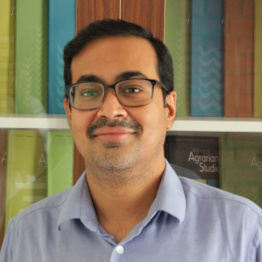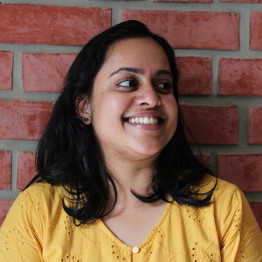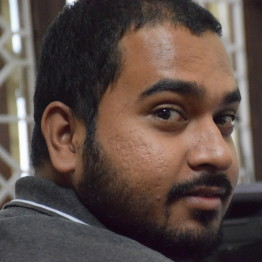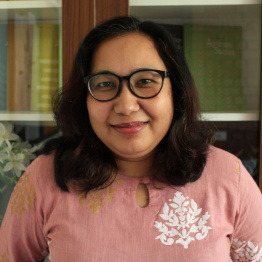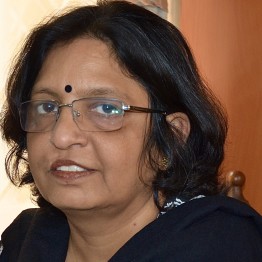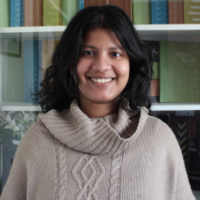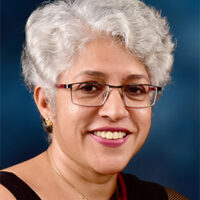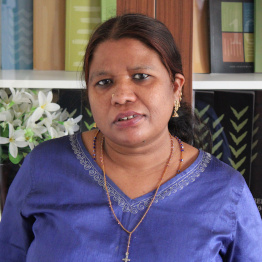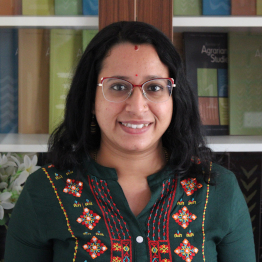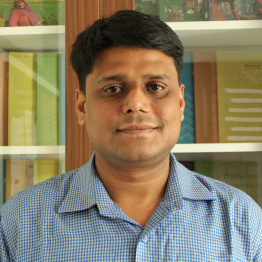Studying Villages in India
In December 2008, FAS organised a colloquium in Chalsa at which Japanese and Indian scholars discussed problems of method in gathering, managing, processing, and presenting information, particularly statistical information, on villages in India.
It is well known that about 70 percent of India’s population lives in its villages. It is not, however, merely as a unit of residence or neighbourhood that the village occupies a special place in the social formation. The village is a basic unit of the organisation of social relations, and of the relations of production in agriculture and agriculture-related activity in India. This has been a feature of India’s villages in history; it is also true of the contemporary period, despite the village economy and village society having been drawn more closely into larger socio-economic processes, domestic and international, than ever before.

In India, where an intricate web of class, caste and gender relationships characterises every village, village studies pose special methodological challenges.
The main themes with which the colloquium was concerned were:
- Land ownership and control, land and water use, social structure and hierarchy, and aspects of the social formation in rural India
- In general, the levels of development of technology and the production forces in rural India, and the relations of production in agriculture and related activity
The papers presented at the colloquium broadly dealt with the following:
- Creating primary and secondary data bases for the study of the kinds of issues mentioned in the themes above
- Developing survey methods (including the design of questionnaires) to study these themes at the village level
- Documenting existing data bases on these themes
- Using village-level records-based information for studies on social change
- Using data management and GIS software for the study of the themes over historical time and in the contemporary period
The colloquium was supported by the Planning Commission, Government of India, the Indian Council of Social Sciences Research, the Indian Statistical Institute, and the Foundation.


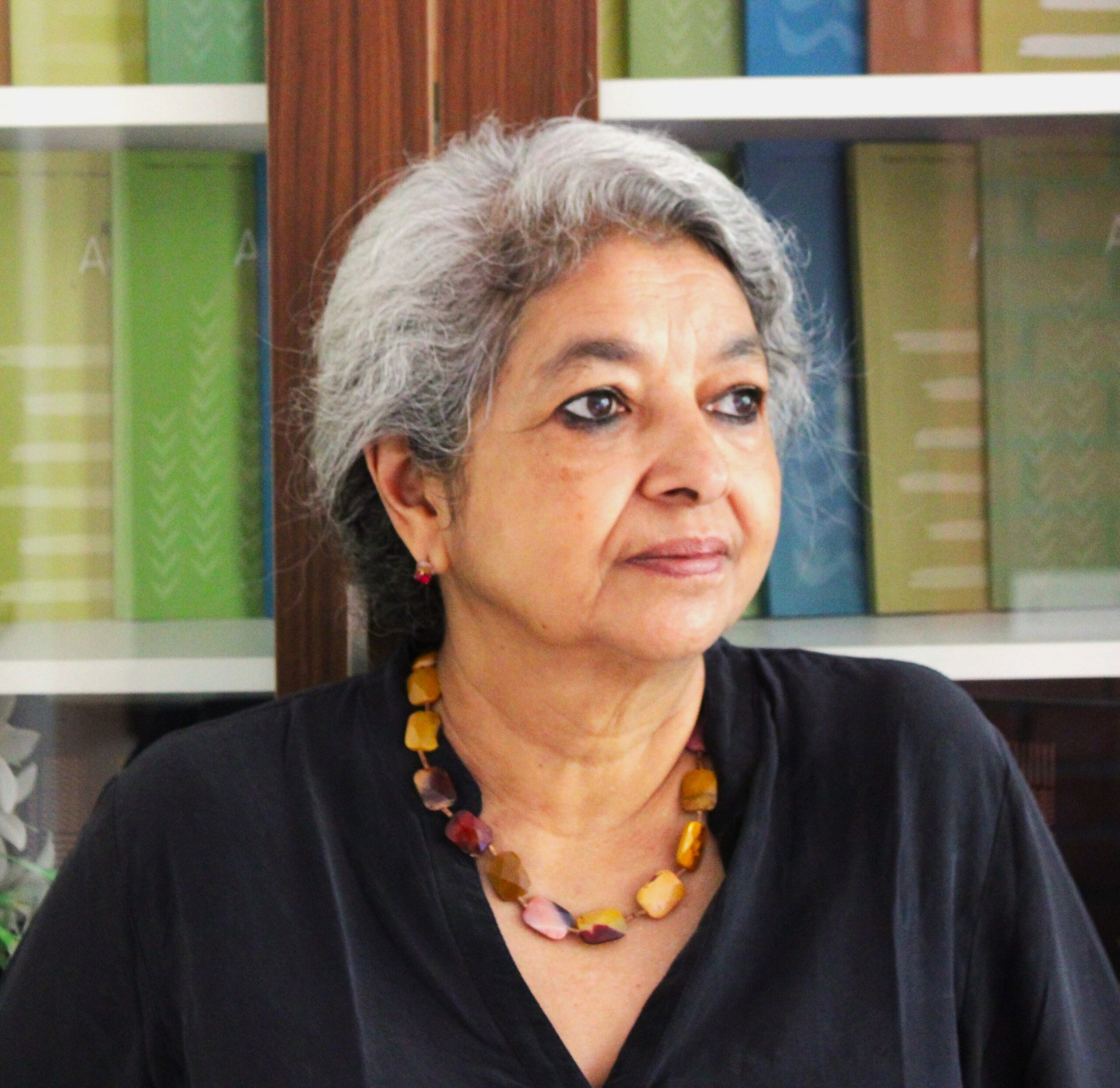







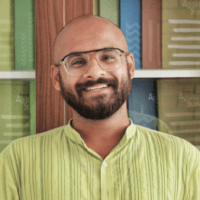

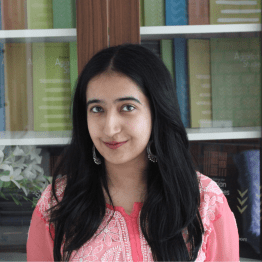
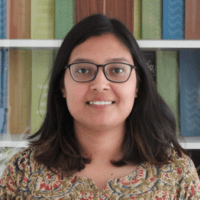

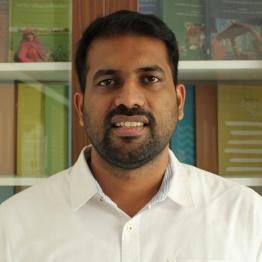


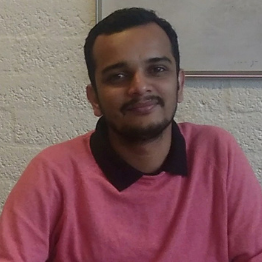





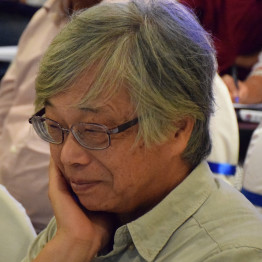
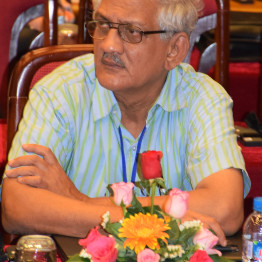
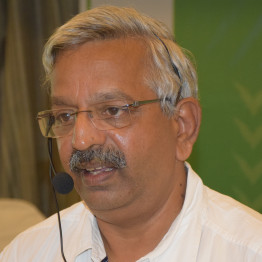

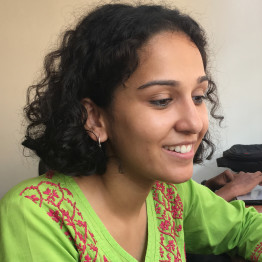
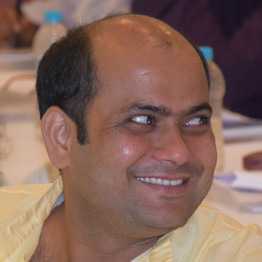

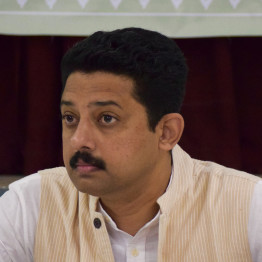


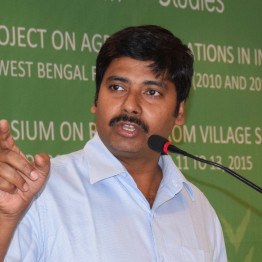

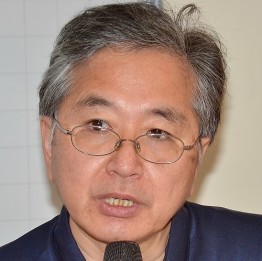

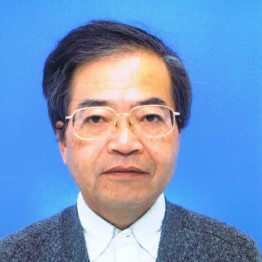
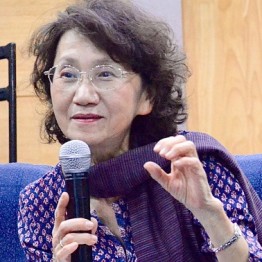




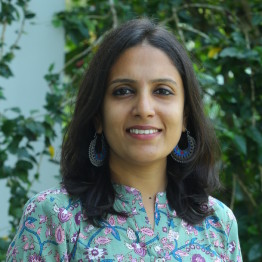
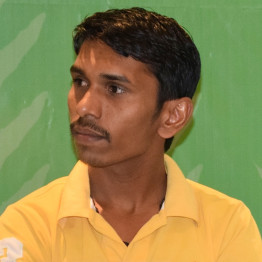
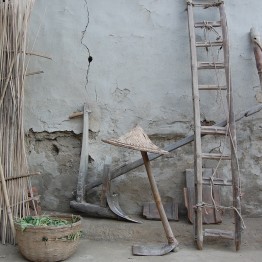
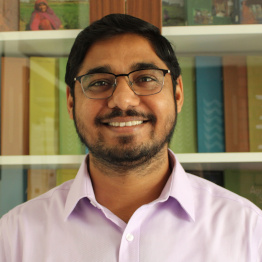
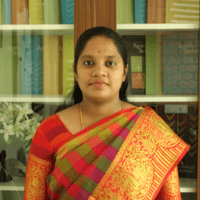 Sudha is an Administrative Assistant of the Foundation. She assists the administrative division of the Foundation and also has taken part in fieldwork organised by the Foundation.
Sudha is an Administrative Assistant of the Foundation. She assists the administrative division of the Foundation and also has taken part in fieldwork organised by the Foundation.


